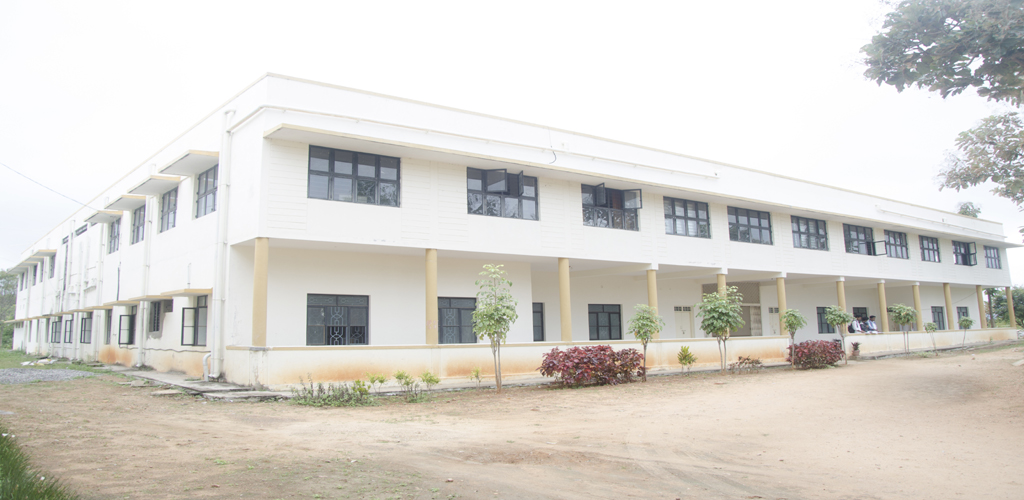About

Electronics today stands at the forefront of the rapidly expanding horizon of Science and Technology. The Department of Electronics and Communication Engineering in BCE was established in the year 1997. The department has well-qualified faculty members — highly motivated in teaching and guiding the students in exploring newer avenues of electronics and communication.
The department is intent on creative and technologically advanced skill transfer to the students through teaching, mentoring and counseling. It regularly organizes seminars, symposiums, workshops and invited talks by eminent faculty from reputed institutions, Aluminous and industry experts, to keep the students abreast of the latest technological developments in related fields. The services of some academicians of high repute have been utilized by the department with the objective of supplementing teaching, mentoring and guiding the students as well as faculty members.
The department has its own library comprising of over 100 text books and technical magazines for quick reference. The most sought after course in dynamic field. Students learn well established technologies and emerging trends in Signals and Systems, Digital Signal Processing. Microprocessor and Micro-controllers, Communication System HDL , VLSI LAB with Cadence University Bundle. New facilites, a professional PCB fabrication facility and LABview software, used in Industrial R & D Laboratories, have been procured and commissioned.
- To be a leading engineering department for creation, preservation and dissemination of knowledge, training of young engineers to contribute towards nation building.
- To provide opportunities and resources to support the growth of technology through provision of continuous professional development of knowledge.
- To provide integrated developmental activities, sharing and applying of knowledge in the field of electronics and communication technologies.
- To develop highly competent engineers who are able to contribute towards the advancement of electronics and communications engineering and relevant technologies.
- To produce innovative technical leaders leading to technological revolution for the benefit of rural population.
- PEO1: to provide exposure to emerging technologies, adequate training and opportunities to work as teams on multidisciplinary projects with effective communication skills and leadership qualities.
- PEO2: students will develop professional skills that prepare them for immediate employment and for life-long learning in advanced areas of computer science and related fields.
- PEO3: Graduates will undertake research for professional career to meet the needs of the society.
- PEO4: Be an entrepreneur or employed in industry, government to demonstrate professional advancement through significant technical achievements with professional ethics and expanded leadership responsibility
- PO1.Engineering knowledge: An ability to apply knowledge in mathematics, science and engineering subjects .
- PO2.Problem analysis: An ability to identify, formulate and solve engineering problems.
- PO3.Design/development of solutions: An ability to design and conduct experiments to interpret data and analyze the results.
- PO4.Conduct investigations of complex problems: An ability to investigate and propose a solution to a problem that is complex and cannot be solved through conventional techniques.
- PO5.Modern tool usage: An ability to create, select and apply appropriate techniques, resources and modern engineering and IT tools.
- PO6.The engineer and society: An ability to design system components or processes to satisfy the needs of the society within realistic constraints such as economical, social, political, ethical, health, safety and manufacturing.
- PO7.Environment and sustainability: An ability to gain knowledge to understand the impact of engineering solutions in a global, environmental and societal context.
- PO8.Ethics: An ability to understand professional and ethical responsibilities.
- PO9.Individual and team work: An ability to function on multi-disciplinary teams.
- PO10.Communication: An ability to communicate effectively on complex engineering activities.
- PO11.Project management and finance: An ability to use techniques, skills and modern engineering tools and management principles necessary for engineering practice.
- PO12.Life-long learning: An ability to understand the need and engage in life-long learning process.